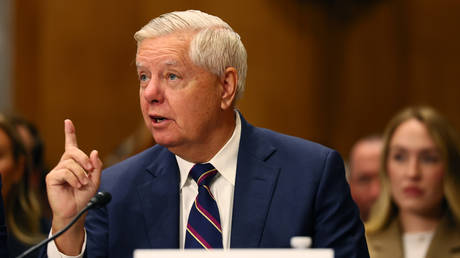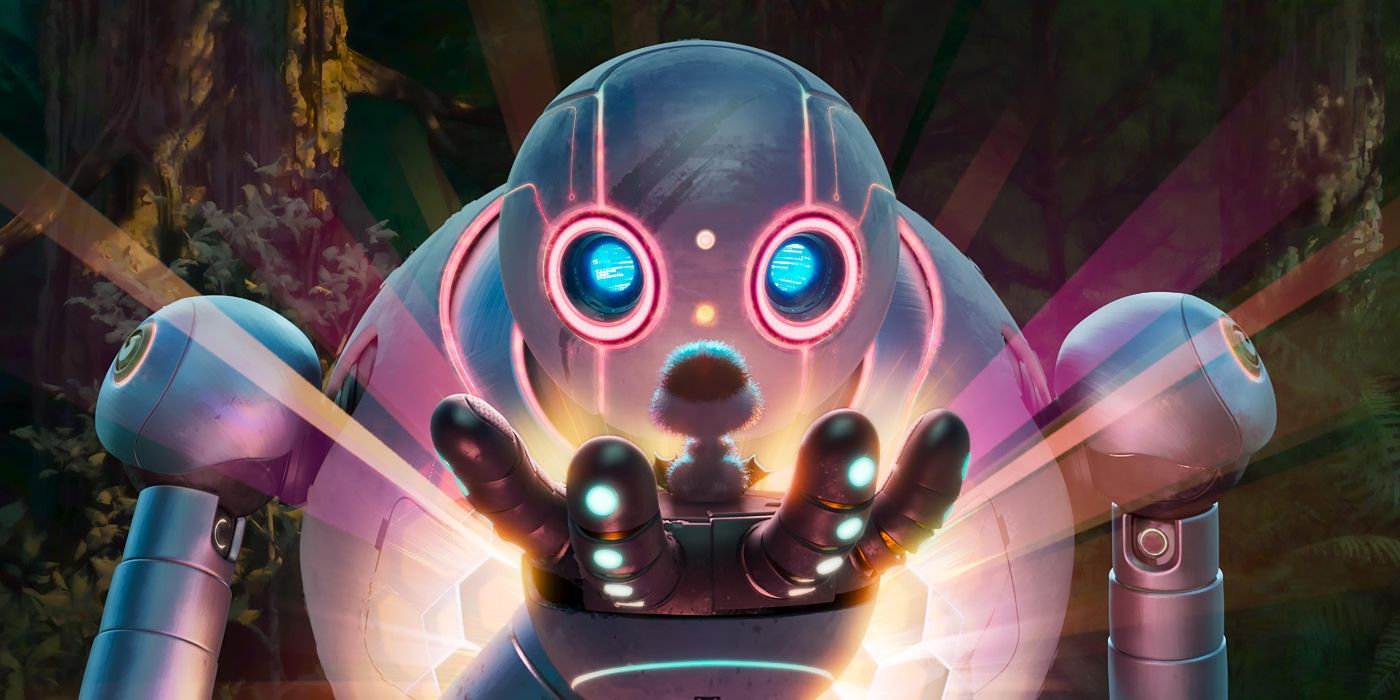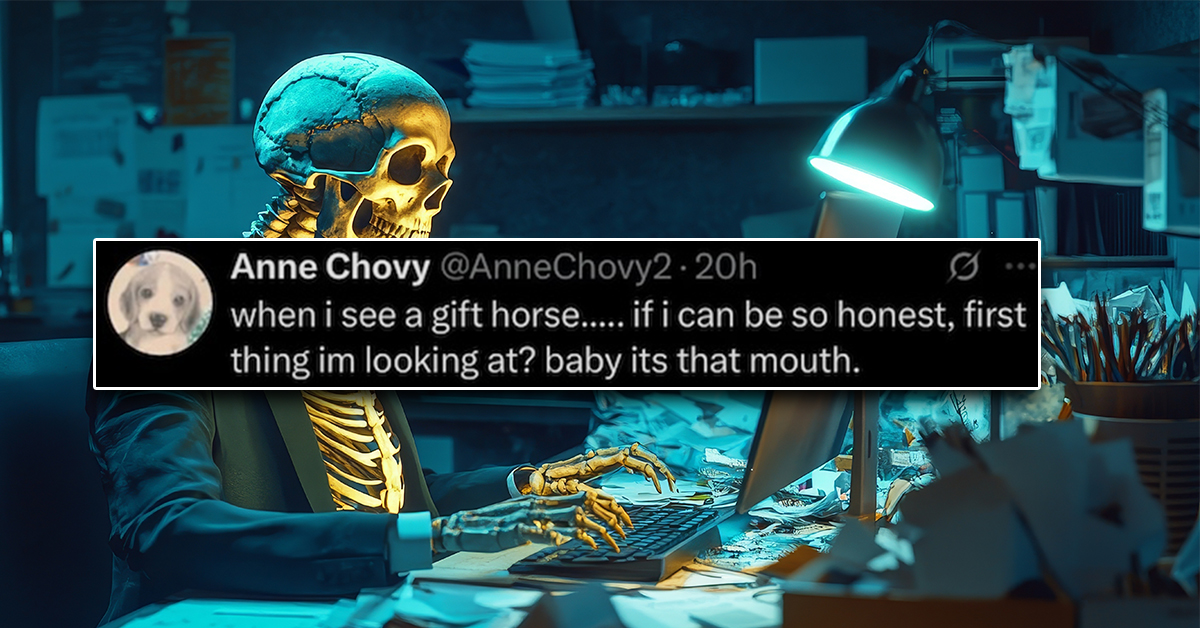The future of work is being written

We are in a once-in-a-generation moment. AI isn’t just changing how people work—it’s pushing companies to rethink how they’re structured, how decisions get made, and who gets to lead. Our annual Work Trend Index report reveals the stakes: While 81% of women leaders say their company must adopt AI to stay competitive, fewer than half feel they have the resources to drive real impact. Additionally, our research found that men are more likely to use AI at work, trust it with high-stakes tasks, and worry less about being replaced by it. Knowing this matters, because as AI reshapes jobs and workflows, those who engage early will shape what comes next.
Become an agent boss
I’ve seen too many brilliant women opt out because they don’t feel “technical enough” or “ready.” We saw this pattern during the rise of STEM—when closing the gap took decades of education and investment. But readiness isn’t innate, it’s built. Say yes to the uncharted projects. Say yes to leading the pilot. Say yes to rethinking how your team works. The most meaningful roles in the AI era won’t be assigned—they’ll be claimed by those bold enough to step forward.
That also means investing in a new kind of skill set. At Microsoft, we talk about becoming agent bosses—people who build, direct, and collaborate with AI agents to amplify their impact. This shift is already underway. In fact, 51% of managers say upskilling for AI will be a core responsibility within five years. Just as we once learned to manage teams, we now need to learn to manage agents.
But AI fluency alone isn’t enough. If we want to truly change how work feels—not just how it’s done—we need to rethink the systems around us.
Break the cycle of burnout
The pace of work has outgrown the workday. What once fit inside the bounds of a 9-to-5 now spills across time zones, platforms, and personal hours. Our research found that despite 84% of women leaders saying hybrid work improved their experience, 74% still feel they don’t have enough time each day to get their work done. This comes as no surprise given that the average employee is interrupted roughly every two minutes—275 times a day. Even with gains in flexibility, many are still stuck in cycles of time poverty and busywork. AI offers a way forward—but only if it’s paired with structural change.
Start with the 80/20 rule: Reclaim time from low-value tasks and reinvest it in what truly moves the business forward. Replace rigid org charts with agile work charts—flexible, outcome-based teams powered by AI to close skill gaps. And empower every employee—not just the technical ones—to lead with AI. The magic is in the handoff. For example, AI helps me draft a memo, and an agent tracks the responses and prompts the follow-ups. This frees me to focus on bigger challenges instead of managing my inbox. Because progress doesn’t come from the tools alone—it comes from who gets to use them, and how they’re used.
Design the future of work
The organizations pulling ahead today aren’t just using AI—they’re building with it. We call them Frontier Firms: AI-native companies with digital labor embedded from the start. They’re leaner, faster, and more adaptive. But what truly sets them apart is how they prioritize people. According to our research, Frontier Firms employees are more likely to report being happier, fulfilled, and able to take on meaningful work. Because real transformation isn’t just about technology—it’s about trust, autonomy, and opportunity.
On my own team, we’ve started making intentional changes: asking whether every meeting is necessary, muting notifications during heads-down time, integrating AI into our workflows, and protecting time for recovery, not just delivery. These small shifts help reset the rhythm of the day and create room for people to thrive.
The future of work won’t write itself. If we want it to be more equitable, more human, and more inclusive, we have to build it that way. And that starts with more women raising their hands, using their voices, and picking up the pen.
Colette Stallbaumer is Microsoft 365 Copilot general manager and WorkLab cofounder.
What's Your Reaction?
 Like
0
Like
0
 Dislike
0
Dislike
0
 Love
0
Love
0
 Funny
0
Funny
0
 Angry
0
Angry
0
 Sad
0
Sad
0
 Wow
0
Wow
0





























































































